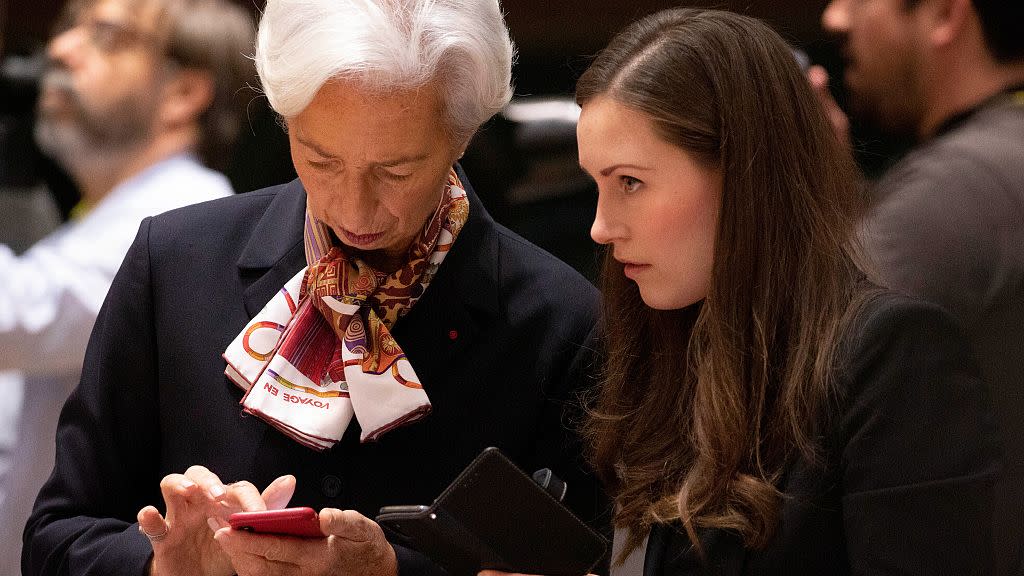Central banks should exploit AI ‘gold rush’, report says

Artificial intelligence is gaining a rapid and widespread grip on the economy – and central bankers might be missing out on the gold rush, a new report said today (25 June).
The study for the Bank for International Settlements calls on central banks to raise their game and rethink their use of data in the wake of the tech tsunami.
“AI has taken the world by storm and has set off a gold rush,” Hyun Song Shin, head of research at the influential Basel-based institution, told reporters, adding that the technology “affects central banks’ core activity as stewards of the economy”.
Notably, AI can “scour data and find needles in a haystack, allowing more sophisticated economic forecasting” that helps central bankers fight inflation, Shin said.
The findings are likely to be influential, given that the BIS – a grouping of the world’s central banks – plays a key role in setting standards for the financial sector – and AI is an area many financial regulators are keenly attuned to.
In Brussels, the European Commission – fresh from passing a groundbreaking law to regulate AI – is examining whether its use in banking could lead to bias, panic or just bad advice.
Shin acknowledges some of those shortcomings – not least the ability of large language models like ChatGPT to confidently give wrong answers.
“Hallucinations are a feature rather than a bug in these models,” said the BIS report, adding that their “distinctive pattern of failure” suggests they don’t possess true understanding.
Subscribe here to stay informed on the latest EU policy development with our newsletter, "The Policy Briefing", your weekly insight on European rulemaking, key events and data trends.
Yet Shin was also positive about AI’s existing use in the commercial financial sector – a realm of the economy that central bankers take a particular interest in.
In undertaking the repetitive procedures many banks must carry out, such as compliance, “machine learning tools have been proven to make those tasks much easier ... without doing much in terms of introducing new types of risk”, Shin said.
Shin pointed to one study suggesting a particular kind of AI tech known as a graph neural network can spot nearly four in five cases of cross-border money laundering, compared to a mere 17% success rate using a traditional rules-based model.
“The gain in efficiency and accuracy is just extraordinary,” Shin said of AI methods.
As with other previous technological waves, there are fears the advent of AI could lead to widespread unemployment as machines replace human workers.
But Shin seemed relaxed about the idea that might happen in his own sector, or that Christine Lagarde or Jerome Powell might be replaced by robots.
“I think that’s probably a little bit far-fetched”, he said of the idea that AI might supplant central bankers. “Judgement is about more than finding needles in a haystack.”


